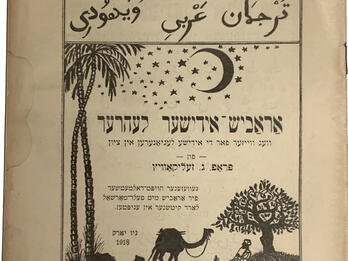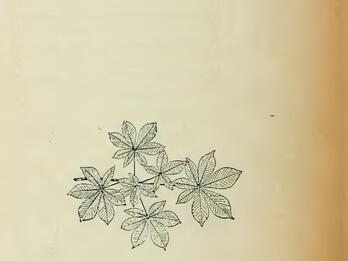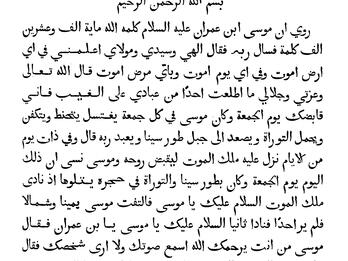Chassidiana
Simon Dubnow
1918
Collection of writings, proclamations, and epistles related to the controversy between Hasidim and Misnagdim during the emergence of Hasidism (1772–1816)
Creator Bio
Simon Dubnow
Simon Dubnow (Dubnov) was the dean of Jewish historians in Eastern Europe, the progenitor of Jewish nationalist historiography that cast the Jewish people rather than Judaism as the central actor in Jewish history, and a founding thinker of Jewish diaspora nationalism and national autonomism (as well as a pioneering scholar of Hasidism and of early modern Jewish communal autonomy). Born in Mtislavl in the Russian Empire (now in Belarus), Dubnow received a fine traditional education but embraced the Russian language, Russian culture, and radical secularism as a young man; much of his foundational historical work would be written in Russian, though he would also write at times in Hebrew and eventually Yiddish.
As a young man, he involved himself extensively in debates in the emerging Russian-language Jewish public sphere about emancipation, identity, nationhood, and language, but his greatest passion was historical research. In the late 1880s and early 1890s, he wrote a pioneering series of essays about the early history of Hasidism. Pursuing historical research and synthesis tirelessly in Odessa and then St. Petersburg, he also maintained an important presence in nationally minded Russian Jewish intellectual life, counting himself among the mostly Hebraist-Zionist “wise men of Odessa” with his friend Asher Ginzberg (Ahad Ha-Am). His greatest ideological influence came from his early twentieth-century Pis'ma o starom i novom Evreistvi'e (Letters on Old and New Jewry), in which he articulated the view that Jews had long been and should remain a diasporic nation organized around shared culture and communal self-determination rather than territory. Embodied in the political movement he founded during Russia’s 1905 Revolution, the Folkspartei, the idea that East European Jews should seek maximal legal autonomy as a corporate entity enjoyed vast influence across Jewish political life, becoming part of the programs of diaspora socialists and Russian Zionists alike.
Dubnow continued to write and revise his general histories of Russian Jewry and world Jewry while bearing down on topics like Hasidism and founding the Jewish Historical-Ethnographic Society and the historical journal Evreiskaia starina (Jewish Antiquity) in St. Petersburg. A supporter of the February 1917 Revolution but a sharp opponent of the Bolshevik takeover in October 1917, he left for Berlin in 1922 and helped to establish YIVO in Vilna. When Hitler came to power, Dubnow moved to Riga, where in 1938, he completed the final version of his magnum opus, the eleven-volume Weltgeschichte des jüdischen Volkes (World History of the Jewish People), published in many languages. He also completed his compelling three-volume memoir Kniga zhizni (The Book of My Life). He was murdered on the streets of Riga by a Nazi.
You may also like
Specific Hebrew Pedagogical Problems
Reflections on the Purity, or Otherwise, of the Bene Israel Race in India

Arabic-Yiddish Teacher: A Guide for the Jewish Legionnaires in the Land of Zion
The Face of East European Jewry

Geviksn



